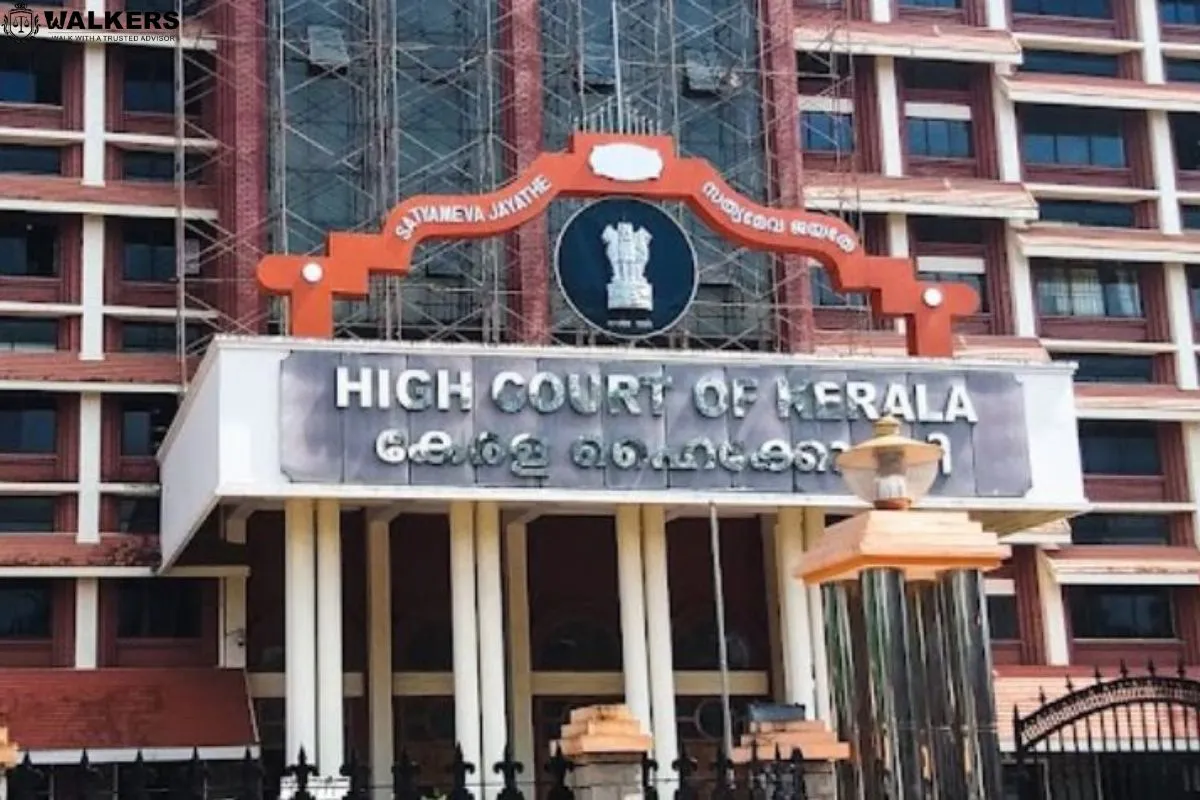


Kerala High Court's Recent Ruling Empowers Magistrates to Order Handwriting Samples from Accused, Even Without Prior Arrest
In a significant clarification, the Kerala High Court has affirmed the authority of magistrates to utilize Section 5 of the Criminal Procedure (Identification) Act, 2022, enabling them to direct individuals accused in criminal cases to provide samples of their signatures and handwriting, even in the absence of an arrest. The court's pronouncement came during the review of a magistrate court's order, which mandated an accused person, currently on anticipatory bail, to submit a handwriting sample relating to a forgery case.
Justice Raja Vijayaraghavan V, while upholding the magistrate's directive, countered the accused's contention that the order was beyond the magistrate's jurisdiction due to the lack of a formal arrest. The High Court underlined that Section 5 of the aforementioned Act empowers magistrates to issue such orders to any individual, without stipulating that such directions are restricted solely to those arrested for offenses under prevailing laws.
The petitioner in question faced multiple charges under the Indian Penal Code, related to cheating, document forgery, and associated crimes. The prosecution alleged that the petitioner had secured a teaching position in a school using counterfeit certificates. As part of the investigation, authorities sought to compare the petitioner's handwriting with entries in a service book, suspecting disparities. To facilitate this comparison, the investigative body requested a handwriting sample from the accused, to be obtained in the court's presence and subsequently analyzed by a handwriting expert.
The application for the handwriting sample, approved by the magistrate court, prompted the accused petitioner to contest the decision in the High Court. The petitioner's representative argued that the magistrate exceeded their jurisdiction, citing specific sections of the Code of Criminal Procedure (CrPC) and the Identification Act, 2022, that necessitate an arrest before such orders can be issued.
The Public Prosecutor countered this assertion, highlighting that the accused had surrendered before a relevant court and executed a bail bond prior to release, thereby challenging the claim of a lack of arrest.
After thorough examination of the 2022 Act's Section 5 and pertinent legal precedents, the High Court ruled in favor of the state's position. The court held that a magistrate possesses the authority to direct an accused individual, even if not arrested, to provide specimen signatures and handwriting samples. The court also dismissed the petitioner's argument that this action could constitute testimonial compulsion, referencing a Supreme Court precedent that prioritizes compelling public interest over absolute privacy rights.
In conclusion, the High Court rejected the petitioner's plea, maintaining that the collection of handwriting samples is consistent with the provisions of the Criminal Procedure (Identification) Act. Advocates MP Shameem Ahamed and Akhil Philip Manithottiyil represented the petitioner, while Public Prosecutor Vipin Narayan represented the state.
Click Here to: Download/View Related File
TAGS: Kerala High Court Criminal Procedure (Identification) Act 2022 magistrate handwriting samples accused arrest forgery case anticipatory bail signatures investigation Indian Penal Code cheating document forgery service book handwriting expert Code of Criminal Procedure Identification Act 2022 Public Prosecutor Supreme Court privacy rights legal precedents jurisdiction precedent representation plea.